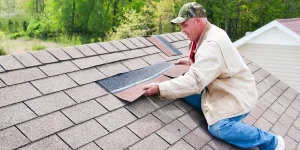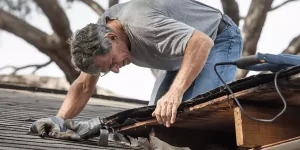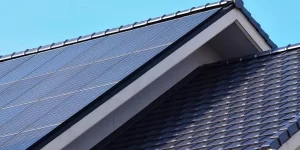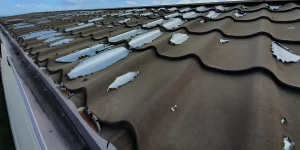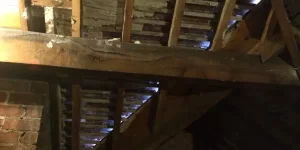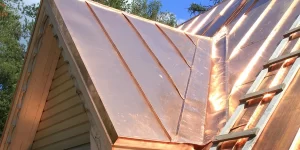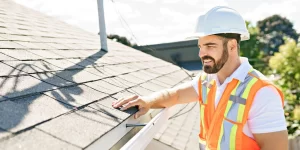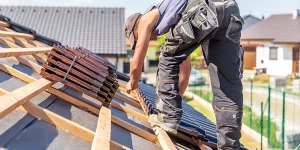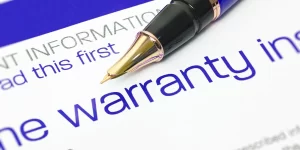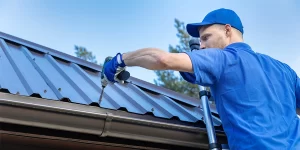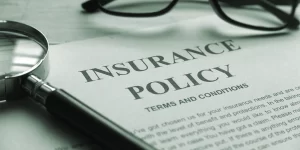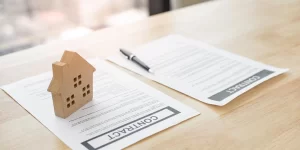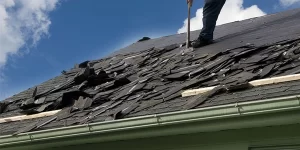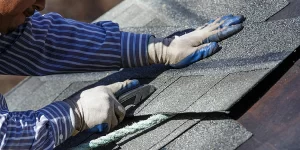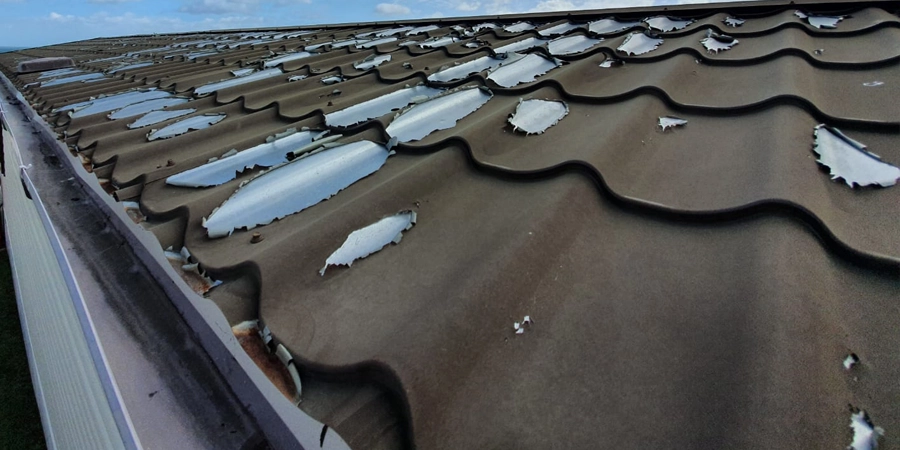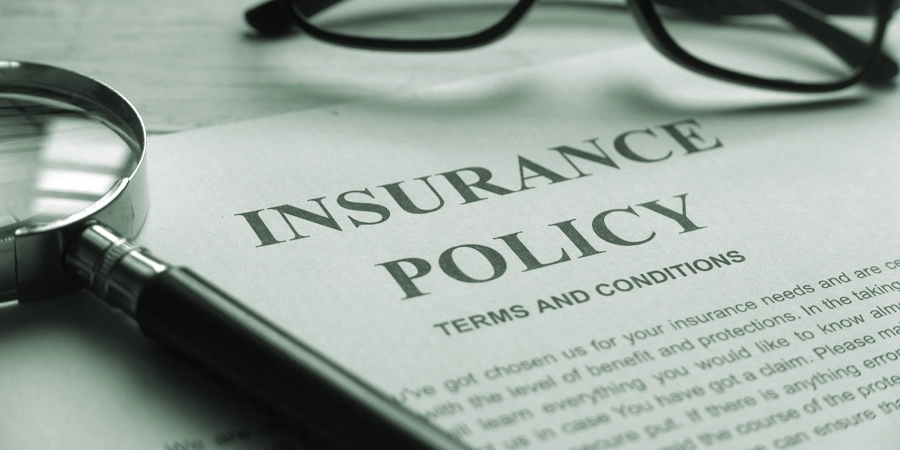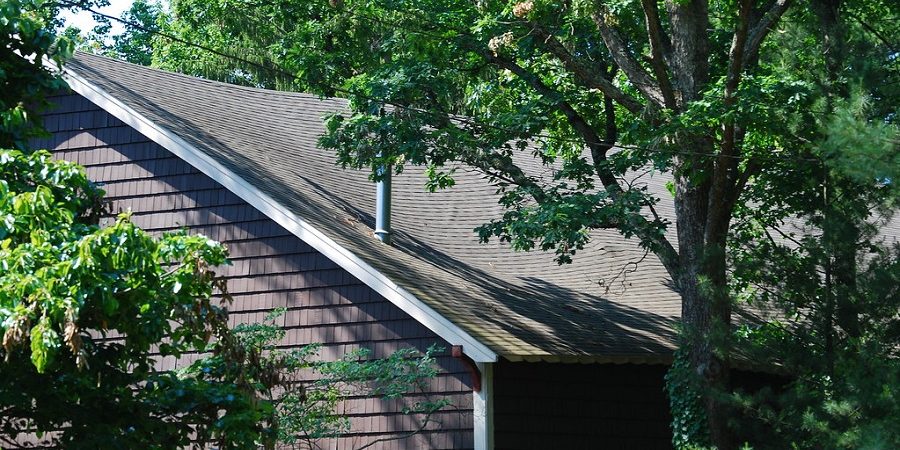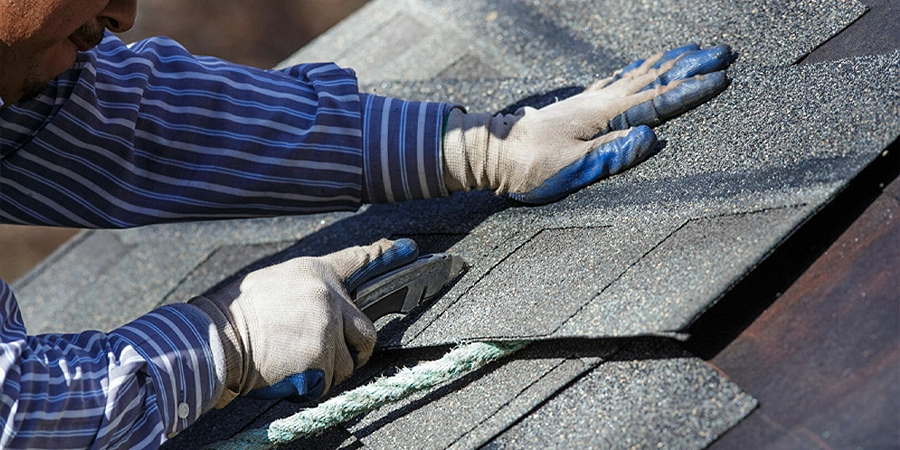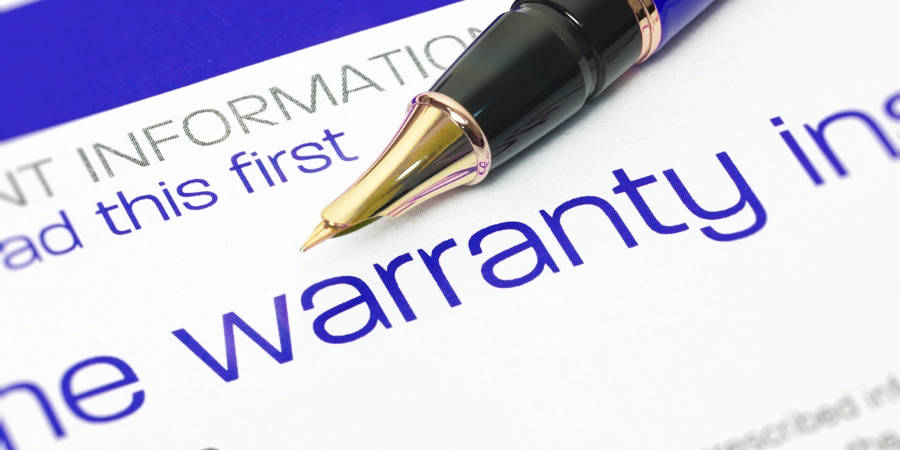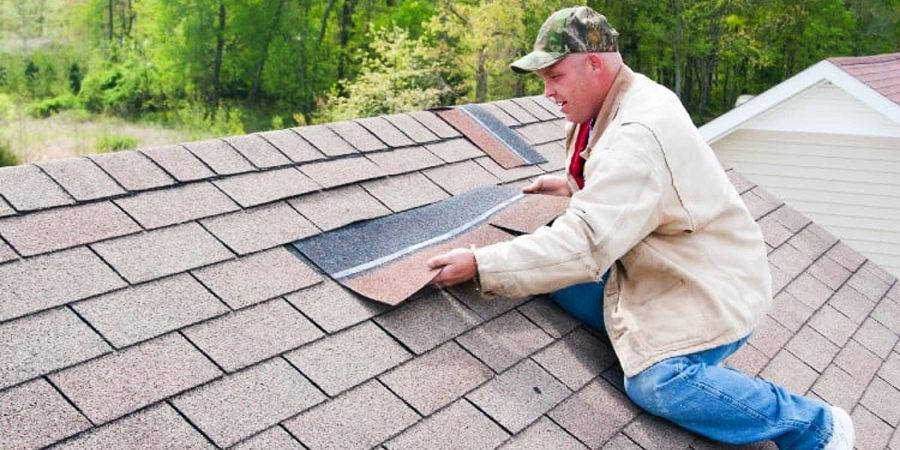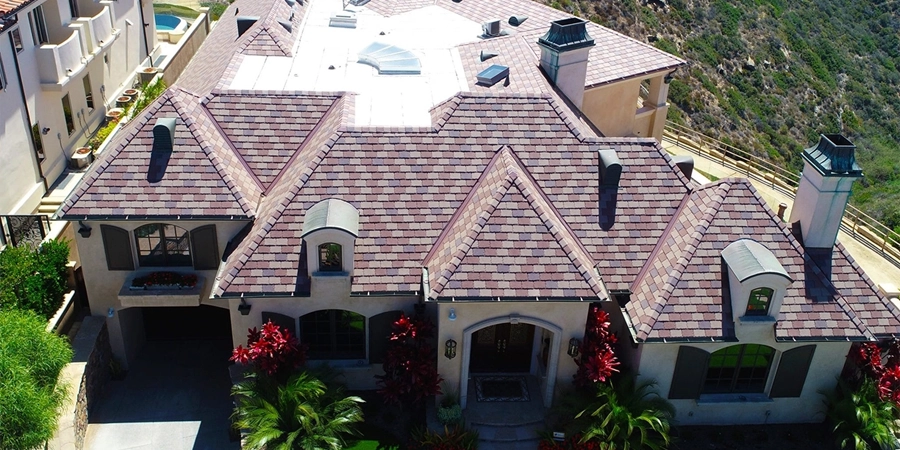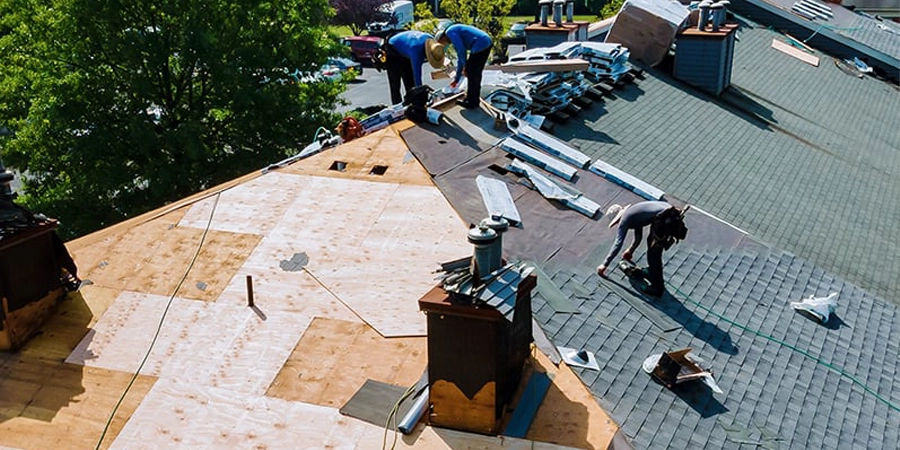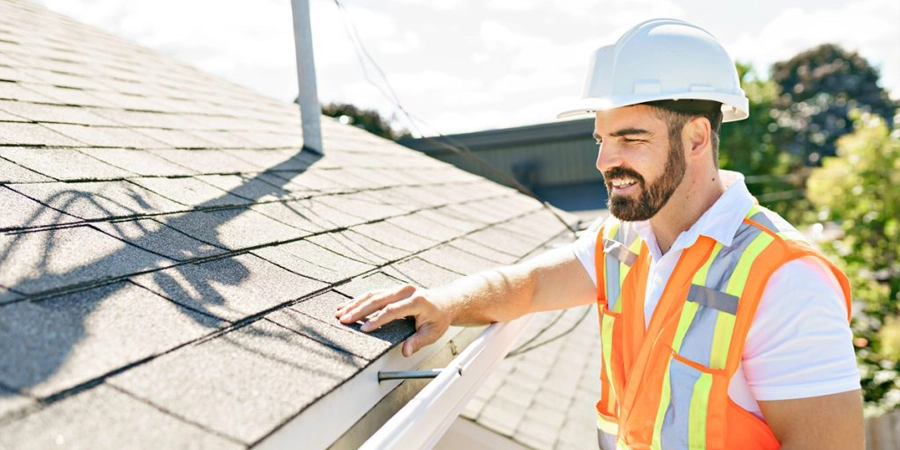Asking the Right Questions
A roof is one of the most crucial components of any structure, providing protection from the elements and ensuring the integrity of the entire building. Whether you’re considering a new roof installation, a replacement, or repairs, choosing the right roofing contractor is a decision that should not be taken lightly. Asking the right questions can help you gather essential information and make an informed choice. In this comprehensive guide, we’ll delve into the key questions you should ask a roofing contractor to ensure the success of your roofing project.
1. Are You Licensed and Insured?
This question is the foundation of your due diligence. A reputable roofing contractor should have the necessary licenses to operate in your area, indicating their compliance with local regulations. Additionally, they should carry both liability insurance and workers’ compensation insurance. Liability insurance covers any potential damages to your property during the project, while workers’ compensation insurance ensures that you won’t be held liable for any injuries sustained by their employees on your property.

2. Can You Provide References and Portfolios?
Ask the contractor for a list of references from previous clients, preferably those who had projects similar in scope to yours. Contacting these references allows you to gain insights into the contractor’s work quality, professionalism, and adherence to timelines. Furthermore, ask for a portfolio of their recent projects. This visual representation of their work can help you gauge their style and capabilities.
3. What is the Timeline for the Project?
Understanding the projected timeline is crucial for planning and coordination. Inquire about the estimated start and completion dates, as well as any potential factors that might affect the timeline, such as weather conditions. A reliable contractor should provide you with a clear and realistic schedule.
4. Do You Use Subcontractors?
Some roofing contractors use subcontractors to complete certain aspects of the project. While this isn’t inherently problematic, it’s essential to know who will be working on your roof and their qualifications. Ensure that subcontractors are also licensed and insured.
5. What Materials Will You Use?
Roofing materials come in a wide range of options, each with its own advantages and disadvantages. Ask the contractor about the materials they intend to use for your project and why they recommend those materials. A knowledgeable contractor should be able to explain the pros and cons of each option and help you make an informed decision based on your needs and budget.

6. Can You Provide a Detailed Estimate?
A detailed cost estimate should cover all aspects of the project, including materials, labor, permits, disposal of old roofing materials, and any potential additional costs. Be cautious of vague or incomplete estimates, as they could lead to unexpected expenses down the line.
7. Do You Offer Warranty Coverage?
Reputable roofing contractors stand by the quality of their work with warranty coverage. Inquire about the warranties they offer for both the materials and the installation. A strong warranty indicates the contractor’s confidence in their craftsmanship.
8. How Will You Handle Unforeseen Issues?
Roofing projects can sometimes encounter unexpected issues once the work begins. Ask the contractor how they handle such situations and if they will communicate with you before making any changes that could affect the project’s scope or cost.
9. What Steps Will You Take for Roof Ventilation?
Proper ventilation is essential for the longevity and performance of your roof. Ask the contractor about their approach to ventilation and how they plan to ensure adequate airflow to prevent issues such as moisture buildup and heat retention.
10. How Will You Protect My Property During the Project?
Roofing projects can be messy and potentially damaging to your property. Inquire about the precautions the contractor will take to protect your landscaping, windows, and other vulnerable areas. This includes details about cleanup procedures after the project is complete.
11. Can You Provide a Written Contract?
A written contract is a legally binding document that outlines the terms of the project. It should include project details, timelines, payment schedules, materials to be used, warranties, and any other relevant information. Review the contract thoroughly before signing and ask for clarification on any points you don’t understand.
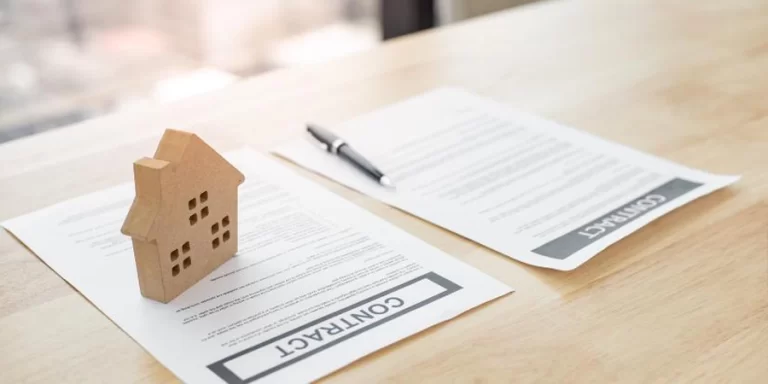
12. How Will Payment be Handled?
Discuss the payment structure with the contractor. Be wary of any contractor who demands a large upfront payment. A standard practice is a partial upfront payment, with subsequent payments tied to project milestones. Ensure that the payment schedule is clearly outlined in the contract.
13. Are You Familiar with Local Building Codes?
Local building codes and regulations can vary significantly from one area to another. A knowledgeable roofing contractor should be well-versed in the local requirements for permits, materials, and installation practices. Confirm that the contractor is aware of and will adhere to these codes.
14. What is the Emergency Plan?
In case of unexpected severe weather or any other emergency situation during the roofing project, inquire about the contractor’s emergency plan. This plan should outline how they will secure the site and protect your property.
15. How Will Communication Be Handled?
Open and clear communication is crucial throughout the project. Ask how the contractor prefers to communicate (email, phone, in-person meetings) and how frequently they will provide updates on the project’s progress.

Selecting the right roofing contractor requires thorough research and asking the right questions. By addressing each of these questions, you’ll be well-equipped to make an informed decision that ensures the success of your roofing project. Remember that a reputable and experienced contractor will appreciate your diligence and transparency as you work together to achieve a safe, durable, and aesthetically pleasing roof for your property.

